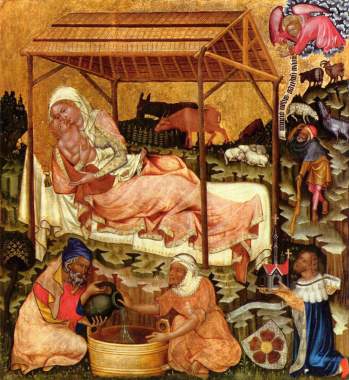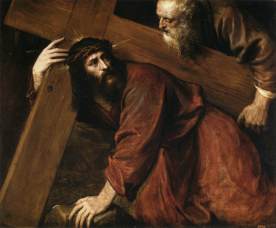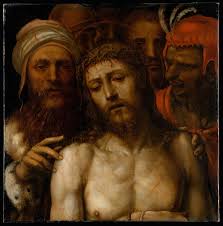Christmas is a time for giving gifts. The wise men brought gifts to the baby Jesus, but the first Christmas gift was Jesus himself, a gift from the Father to all of mankind. In this meditation we use texts of Scripture to consider how we can live Advent like Our Lady and St Joseph, the shepherds and the wise men, to show our gratitude to Jesus by:
- Growing in our life of prayer in all its forms, especially through meditation on the Scripture passages that refer to Christ’s birth
- Living a life of sacrifice, as has been traditional in Advent, to clean out the stable of our soul and make it welcome to receive Jesus
- Giving of ourselves to those around us, for what we do to them we do to Jesus
- Preparing well for four comings of Jesus: at Christmas 2000 years ago, at the end of time, everyday when he comes into our life in different ways, and when he comes to call us to eternal life with him.









